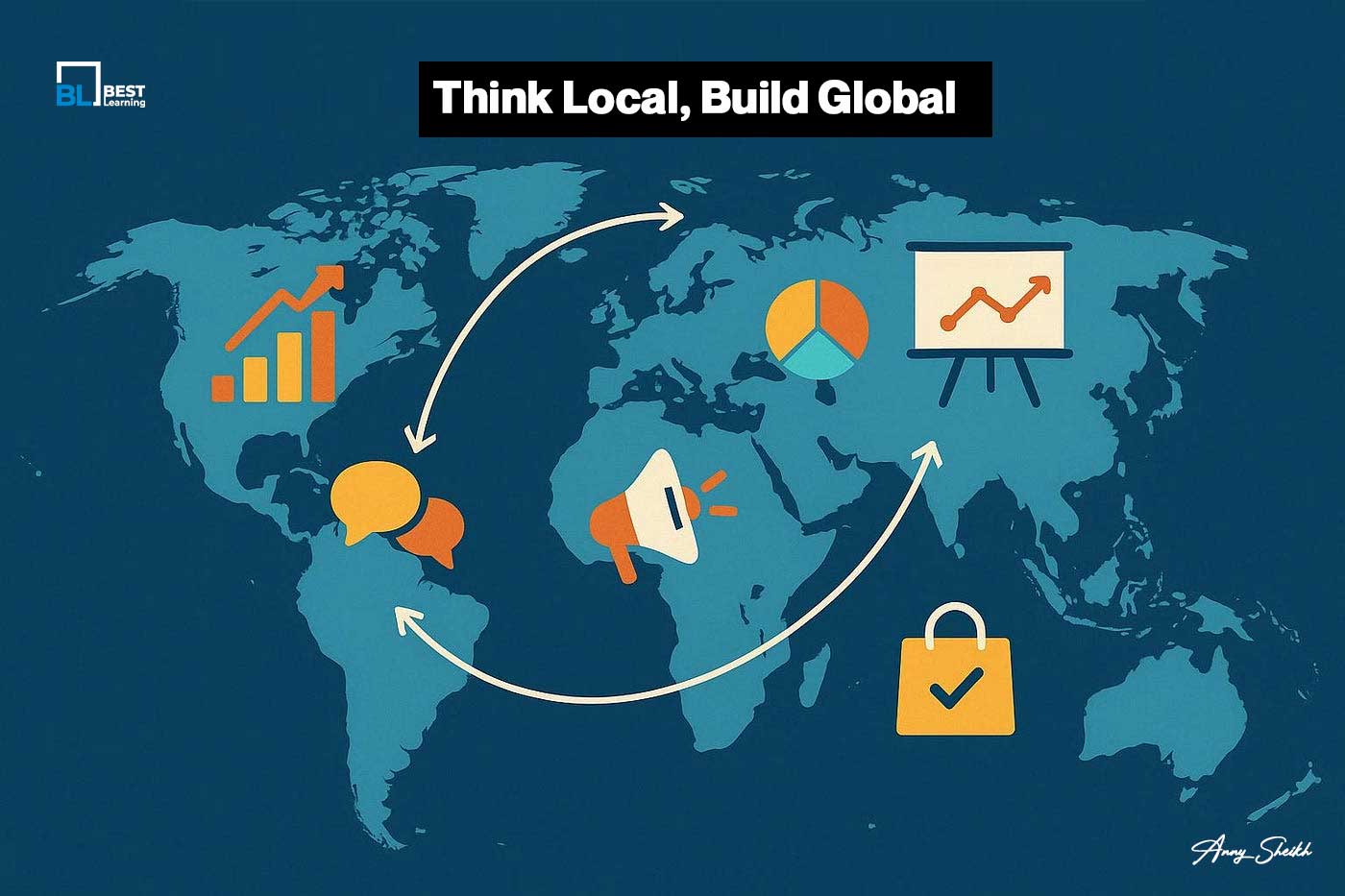The Real Reasons Startups in India and Pakistan Don’t Succeed
Why Startups in India and Pakistan Struggle While Silicon Valley Thrives
Startups have become a global trend. Every year, thousands of new businesses are launched with big dreams of changing the world. Yet one question continues to puzzle experts everywhere:
Why do so many startups in Silicon Valley succeed, while most from India and Pakistan fail to make it big?
Both India and Pakistan are full of talent, creativity, and ambition. For example:
- Amazon has built its largest campus in Hyderabad, India.
- Pakistan ranks 4th globally as a fast-growing freelancing hub, according to Payoneer—making it the highest-ranked country in Asia.
So the potential is clearly there. The question is: Why don’t we see billion-dollar startups emerging from these two countries at the same pace as the West?
The Hidden Problem With Startup Incubators

One major issue lies in how incubators and mentorship programs operate.
In many cases, young entrepreneurs are surrounded by mentors who fill their minds with advice, frameworks, and step-by-step instructions. While guidance is valuable, it often prevents founders from:
- Discovering their own strengths
- Testing their own ideas in the real world
- Taking risks, failing, and learning through experience
Instead of letting them fly on their own, incubators sometimes create dependency. Founders end up chasing what their mentors think, instead of building what the market really needs.
True entrepreneurship comes from exploration and self-discovery—not from being spoon-fed theories inside an air-conditioned room.
What We Should Be Doing Instead

The solution is actually simple:
- Give entrepreneurs a basic framework for marketing, outreach, and operations.
- Allow them to experiment, fail, and learn.
- Step in only when they hit real challenges, offering practical solutions instead of theory.
Think of it like training an athlete. A coach can guide and motivate, but the athlete must step into the ring alone and prove their worth. The same applies to startups—founders must discover their own resilience before they can scale.
It’s no surprise that many successful companies in India and Pakistan were created outside formal incubators by entrepreneurs who learned the hard way, rather than relying too heavily on mentor-driven programs.
Copying Silicon Valley Doesn’t Work

Another major reason startups in India and Pakistan fail is that many are based on imported ideas from the West.
Founders often take a business model that worked in Silicon Valley and try to replicate it in South Asia. But here’s the issue:
- The local problems are different.
- The audience has different needs.
- The market dynamics don’t match the West.
A fancy app designed for Silicon Valley won’t automatically work in Karachi, Lahore, or Hyderabad. Copying and pasting an idea without adapting it to the local culture, economy, and customer behavior is a recipe for failure.
Think Local, Build Global

If Indian and Pakistani startups want to succeed, they must focus on local solutions first.
- Solve “desi” problems with “desi” ideas.
- Build products that address real pain points for everyday people.
- Test small, iterate, and grow into something scalable.
The truth is, the next big billion-dollar idea in South Asia won’t come from copying Silicon Valley—it will come from someone who understands their own people, culture, and challenges better than anyone else.
Final Thoughts
The startup ecosystem in India and Pakistan has everything it needs: talent, creativity, and determination. What’s missing is the freedom to experiment, fail, and adapt without being trapped in a Western playbook.
If founders can stop blindly following Silicon Valley and start thinking locally while scaling globally, the region could give birth to the next wave of world-changing companies.
So here’s the message to every aspiring entrepreneur in the subcontinent:
Spread your wings. Solve real problems. Build for your people.
Your idea could be the next big success story that inspires the world.











Leave a Reply